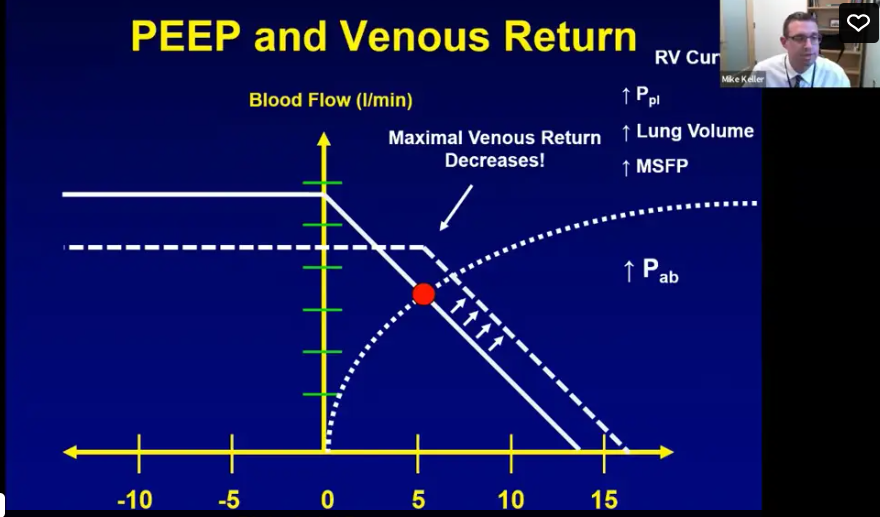Today we present a talk by David Wacker MD, PhD, one of our recently graduated University of Maryland EM/IM/CCM critical care fellows and new addition to the University of Minnesota. Today he presents a fantastic talk on what happens when we become TOO aggressive with ICU feeding. The history lesson alone is worth the listen, but it is a topic that is often overlooked and misdiagnosed. You might be surprised after this talk at just how many of these patients you have missed!
Clinical Pearls (assisted by David Wacker)
- Starvation
- Physiology and metabolism alter to an energy-conserving starvation state
- Serum insulin levels decrease, and changes such as hypothermia, bradycardia, hypotension, and whole-body vitamin and electrolyte deficiencies develop
- Physiology and metabolism alter to an energy-conserving starvation state
- Refeeding
- Insulin levels suddenly rebound → re-activation of previously dormant metabolic pathways → increased consumption of already-depleted electrolytes and vitamins
- Phosphorous is classically the most-affected
- Often reaching life threateningly low levels, but potassium, magnesium, calcium and thiamine can also be deranged
- Oliguria may result from increased sodium and water resorption in the kidney with carbohydrate refeeding
- Fluid retention + cardiac atrophy occurring during starvation → acute heart failure and volume overload
- Patients at risk for the refeeding syndrome:
- Reduced BMI (< 18.5 kg/m2)
- Significant weight loss (10% or more over 6 months)
- Little or no nutrition for greater than 5 days
- Avoidance of Refeeding Syndrome
- Refeeding should begin slowly at no more than 10 Kcal/kg/day (5 Kcal/kg/day for severe cases)
- Gradually increase over 7-10 days
- If effects of refeeding develop, the rate of feeding should be decreased or paused and then restarted at a lower rate
- Serum electrolytes (including calcium, magnesium, and phosphorous) should be monitored at least daily
- Cardiac monitoring provided for severe cases
- Thiamine, B vitamins, selenium and multivitamin supplementation x 10 days
- Refeeding should begin slowly at no more than 10 Kcal/kg/day (5 Kcal/kg/day for severe cases)
Suggested Reading
- Khan LU, Ahmed J, Khan S, Macfie J. Refeeding syndrome: a literature review. Gastroenterol Res Pract. 2011;2011. [PubMed link]
- Mehanna HM, Moledina J, Travis J. Refeeding syndrome: what it is, and how to prevent and treat it. BMJ. 2008 Jun 28;336(7659):1495-8. [PubMed Link]



